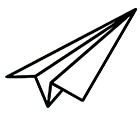 Education
Education
Primary education is an important stage of early childhood development, during which the foundation of a child’s moral values, social, and communication skills is formed. In Eureka, children not only continue to learn to read, write, and count, but also develop discipline and learning habits. In primary classes, we encourage children to be independent, responsible, and foster an interest in global phenomena. We believe that it is extremely important to focus on the development of critical thinking in the primary grades to ensure a child’s future success.
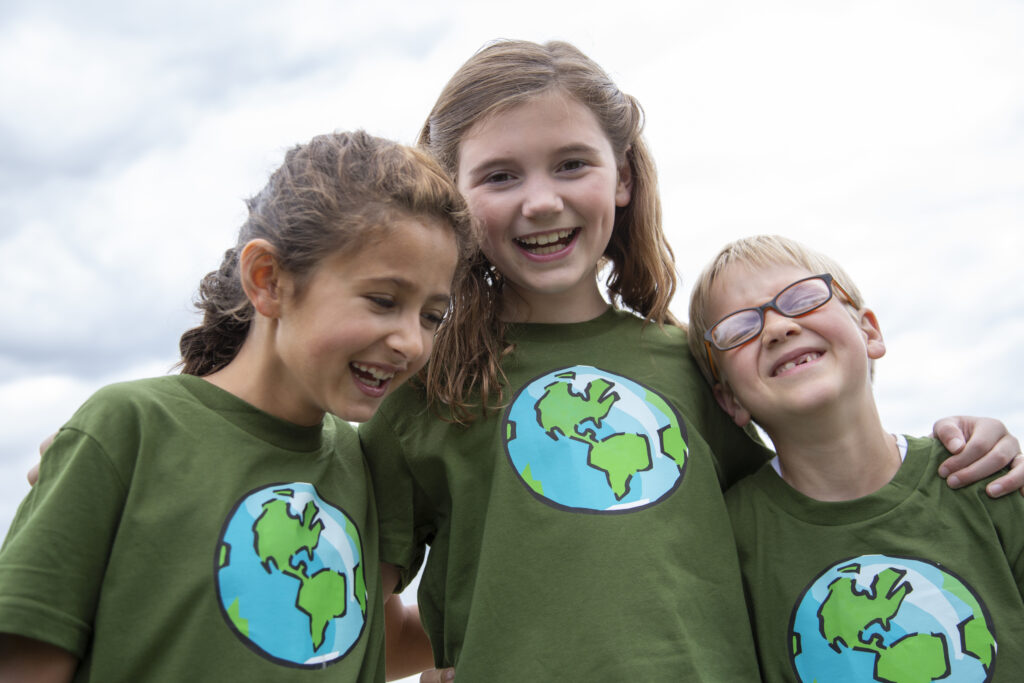
It’s a holistic concept of personality development, implemented and integrated by harmonizing five educational dimensions.

Dimension of Intelligence
- Knowledge of the world
- Critical thinking and problem solving
- Logical thinking and calculation
- Creativity
Dimension of Social Awareness
- Emotional intelligence
- Self-confidence
- Initiative
- Cooperation
Physical Development Dimension
- Healthy lifestyle
- Physical activity
- Fine motor skills
- School without borders
Communication Dimension
- Bilingual environment
- Speaking and listening
- Reading
- Writing
Cultural and civic dimension
- Creativity
- Cultural competence
- Civic identity and civic power
- Responsibility
What does a day look like in Eureka?
| 7:30 | Children Arrival Individual activities |
| 8:30 | Breakfast |
| 9:00 | Physical and Mental Exercises Yoga, Mindfulness exercises |
| 9:30 | Morning Conversation Introduction to the day’s topic |
| 10:00 | First educational block Theme of the week, educational activities, Cambridge English |
| 11:30 | Healthy snacks Table Etiquette Education |
| 11:45 | Second educational block Theme of the week, educational activities, Cambridge English, thinking habits, project activities |
| 13:15 | Lunch Learning table manners |
| 13:45 | Free time outside Calming exercises, yoga, team games |
| 14:15 | Third educational block Theme of the week, educational activities, Cambridge English, thinking habits, project activities |
| 15:45 | Dinner Learning table manners |
| 16:15 | Additional Education Activities Non-formal education activities |
| 17:15 | Free Time Free play outside/Reading/Consultations |
Discovery based education
Discovery-based education promotes children’s curiosity and desire to learn by providing opportunities to explore new things both in and outside of school. In Eureka this method is organized according to a seven-stage structure based on extensive experience and modern educational trends.
Below is an example of discovery-based education that illustrates the stages of oak tree growth:
Get interest
1
Create intrigue by asking children: “Do you know what the biggest and strongest tree in the forest is?”
Name
2
Introduce oak tree to children, its composition, leaves, and roots. We write the name on the board – it’s a great opportunity to learn letters!
Understand
3
Analyze visual material: read a book about oak trees, show scientific video content. Children see how a small seed grows into a big tree, understand how and why trees breathe, why they need roots, and why tree trunk sizes differ.
Explore
4
We go into the forest or park, where we embrace a tree, try to guess its age, explore its structure, smell it and discuss scent associations. Bringing an acorn into the classroom, we examine it. Parents would be amazed at what we discovered!
Save
5
Time to create! Using a chosen technique we draw an oak tree and color its leaves in various colors. We prepare an exhibition of drawings in the classroom, and we preserve the colorful tree leaves inside a book, which we’ll use in the future.
Empathize
6
Now let’s dive into an incredible role-play game! By listening to the sounds of the forest we imagine ourselves as different trees and forest inhabitants. We create a short film that we share with the Eureka community. We also organize a tree planting campaign involving the Eureka’s family and school neighbors!
Introduce
7
We summarize knowledge, discuss what we have learned and what we would like to learn in the future. Children share their impressions of an oak tree and other trees. After discussing the knowledge accumulated during the week we dream about the adventures and discoveries of the next week!
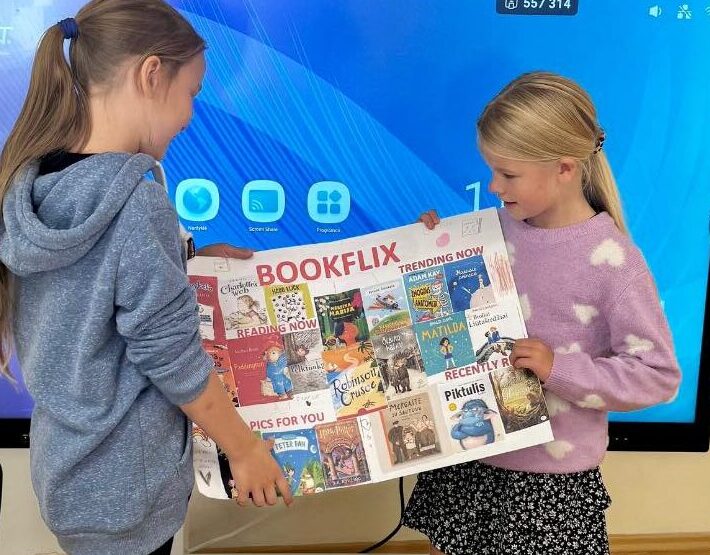
 Bilingual environment
Bilingual environment
In Eureka daily educational content is delivered in two languages: Lithuanian and English. At least 20% of daily teaching material is presented in English using an “immersive” language methodology. In primary school children attend English lessons that take place at least three times a week using Cambridge textbooks and exercises.
During lessons children practice proper writing and pronunciation, engage in puzzles, learn to discuss and collaborate in team tasks by using English language. They also play various vocabulary-building games that enrich their language skills and add enjoyment to the learning process.
 School without stress
School without stress
The Eureka team set out to create a stress-free learning environment for both children and adults. Children are greeted every day by a cozy, calming environment that resembles home. We devote a lot of time to mental and physical exercise, we use mindfulness practice, and the development of children’s emotional intelligence is one of the priorities. Every day, both children and parents have opportunity to relax and take their time because classes begin only at 9:30 am.
Children learn in a playful and enjoyable manner, while professional teachers ensure their relaxation and rest. The education process avoids exams and homework to reduce stress levels and promote a positive learning experience.
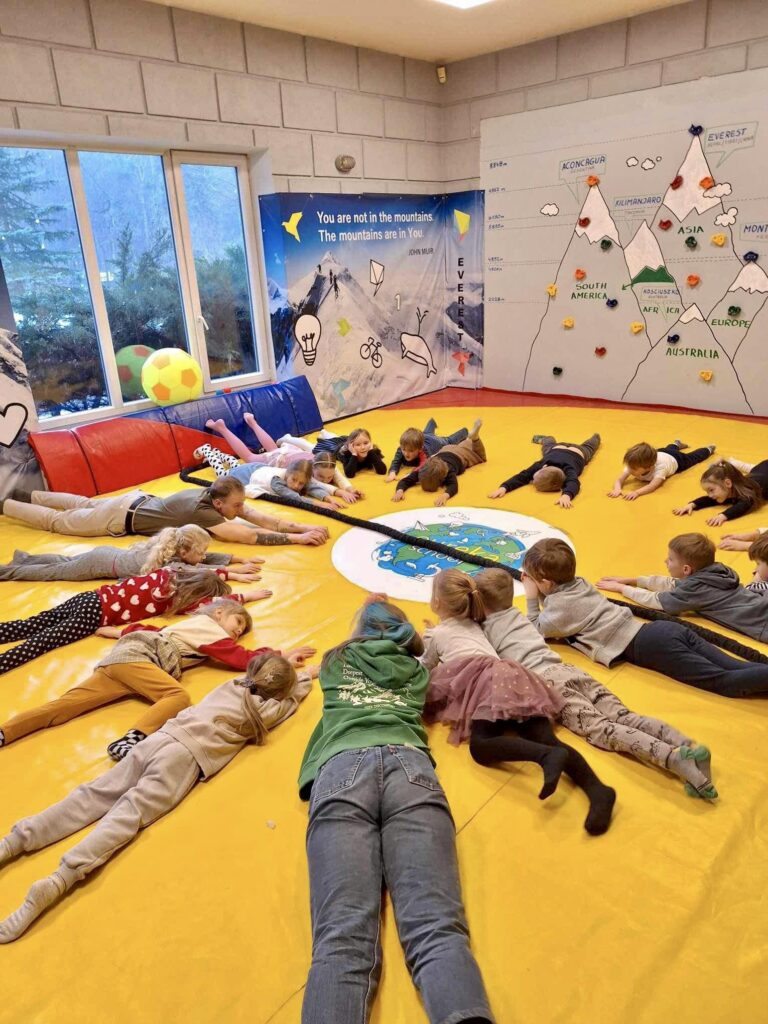
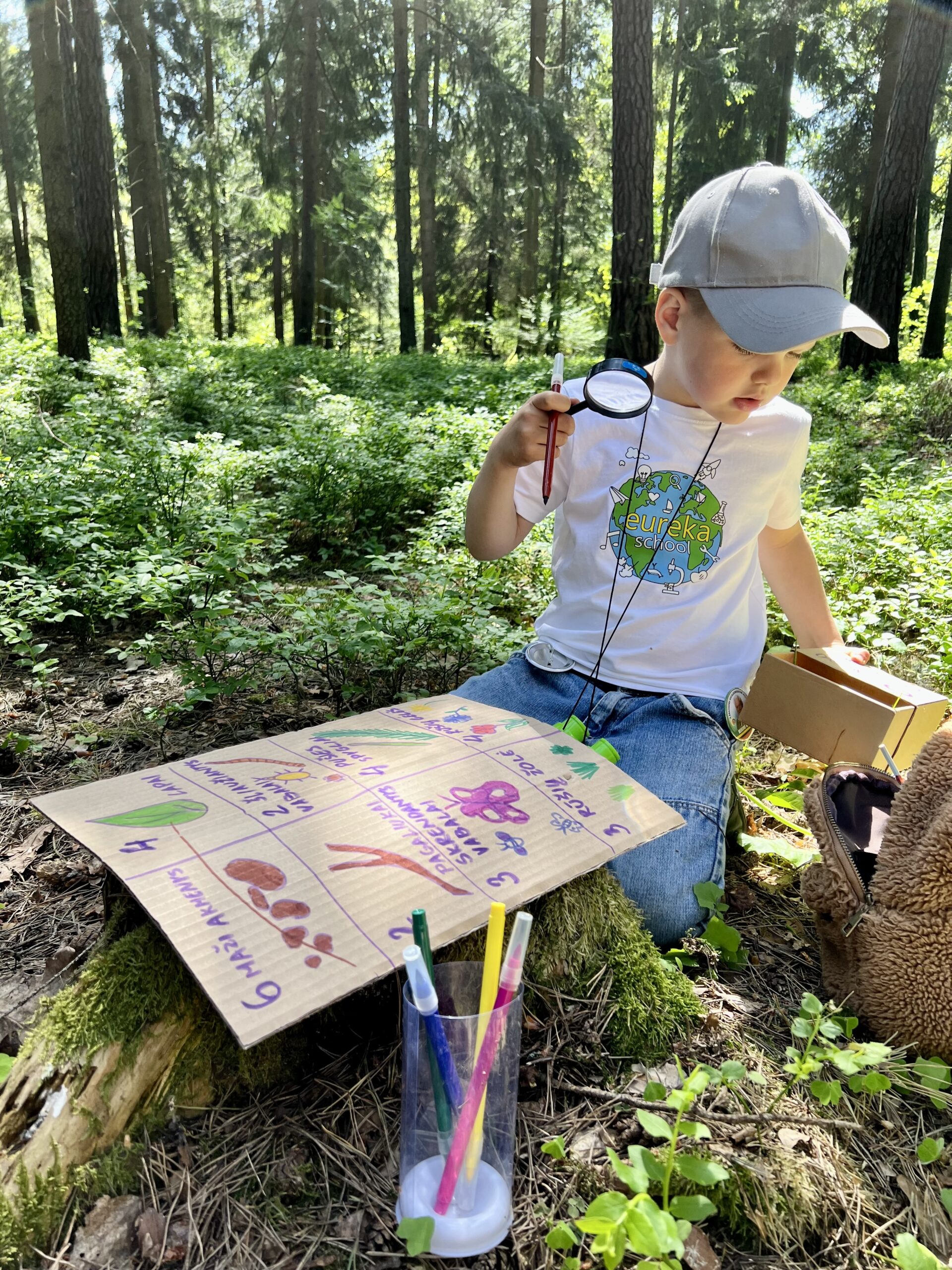
 We get wisdom from nature
We get wisdom from nature
The nature surrounding the school provides inexhaustible opportunities for children’s discoveries, development of creativity, formation of critical thinking and STEAM activities. Interaction with the natural environment allows children to learn through experimentation and exploration. In nature, children think, are curious and raise hypotheses – this is how children’s intelligence and desire to know is developed.
In Eureka Primary School, children not only deepen their theoretical knowledge, but also touch gardening themselves: greenhouses and raised beds are installed in the school yard. Classes have special assignments and project activities that involve different types of plants.
 Education of creativity
Education of creativity
Eureka firmly believes that every child is a unique creator. School strives to reveal children’s talents, not limiting itself to just academic abilities, but also promoting creative growth through a fusion of music, art, dance and design, as well as the use of various materials, tools, and technologies.
Eureka’s team radiates creative energy and enthusiasm, aiming to enrich the curriculum with fresh and exciting creative elements that inspire and enhance children’s learning experiences.

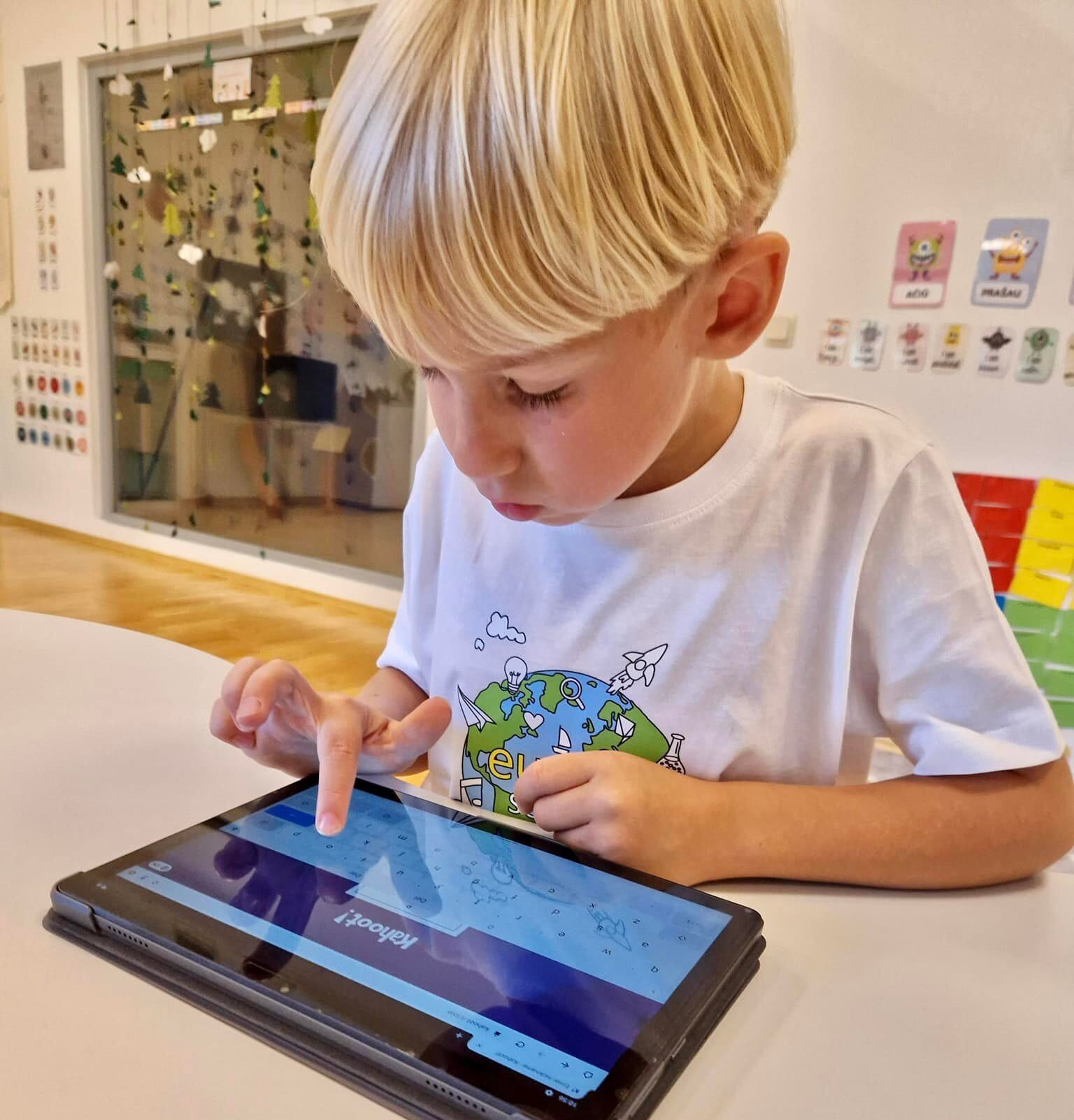
 Informatics and technology
Informatics and technology
In this modern world the importance of technology is invaluable and we can hardly imagine life without using it. In Eureka we develop children’s digital skills through various puzzles, logical tasks and experiments with numbers. We engage children in learning process by using modern technologies. This process not only enhance digital literacy but also allow childern to learn adaptability and the ability to approach emerging learning challenges.
During teamwork we implement project activities using an engineering thinking model. In Eureka the learning experience is enriched with robotics, chess, and LEGO tasks that foster creativity and problem-solving skills.
 Thinking Education
Thinking Education
In Eureka children’s thinking is developed through creating mind maps, analyzing thinking habits and posing reflective questions. In today’s world, it’s easy to get lost in the excess of information. Mind maps help children systematically assess their existing knowledge and acquire new knowledge by sharing information with friends.
Children organize information about what they already know about a certain topic and where they learned it from. Each year, the complexity of mind map creation increases and children learn to choose the most suitable map structure to organize the information they wish to systematize.
These mind map skills will be useful in later grades and while studying at universities, aiding them in better understanding and organizing information.
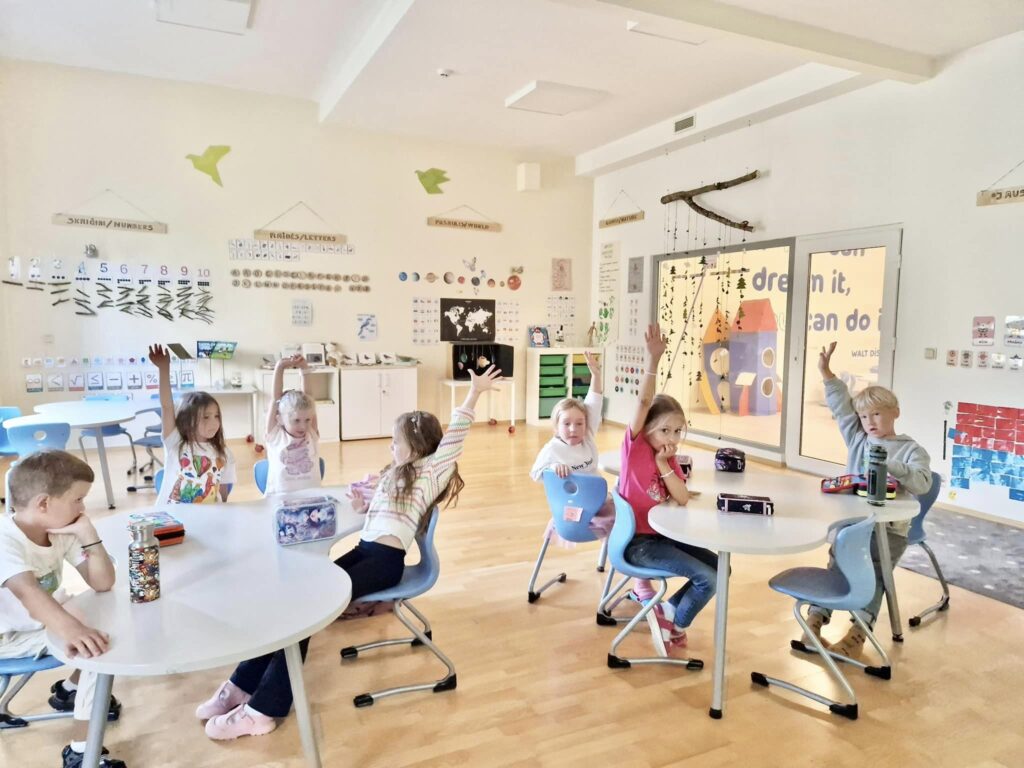
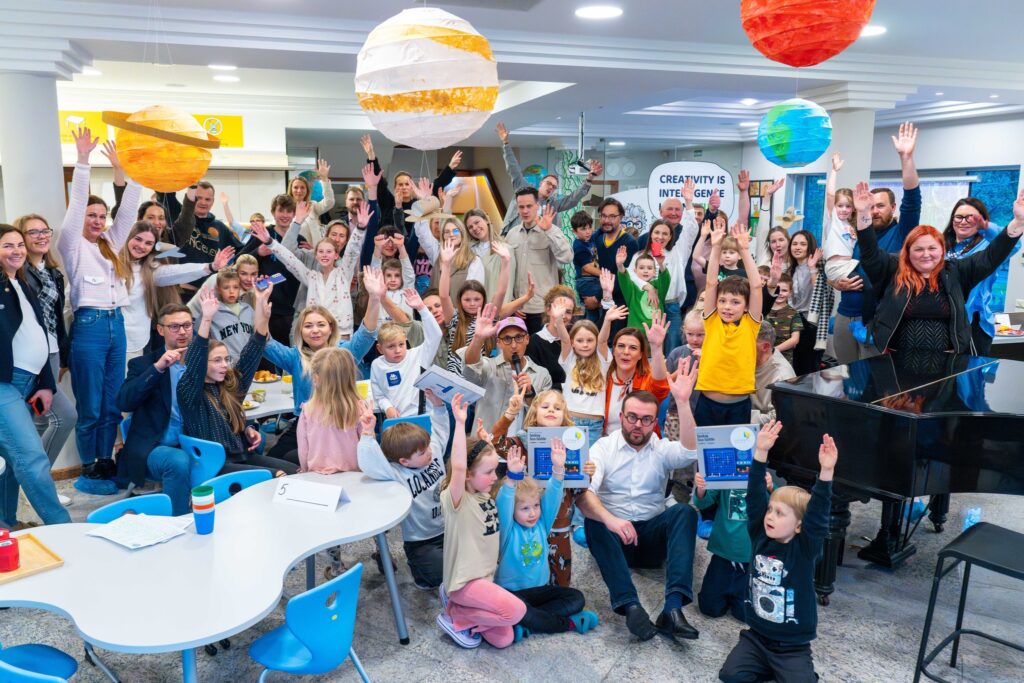
 Sociability
Sociability
In Eureka teachers aim is to create a sense of community for every student. A professional team of educators plans the curriculum so that children would learn to develop teamwork skills, ability to listen, hear others and assist those around them.
A sense of community, cohesion and warm connections between families, teachers and administration are very important to Eureka. We encourage parents to collaborate and actively participate in their children’s education by joining projects and helping children prepare for presentations or events.
 Sustainable Thinking Education
Sustainable Thinking Education
The creators of the primary school aim to become a model for sustainable thinking education in Lithuania. Eureka school stands out because children learn to calculate their carbon footprint from an early age, classrooms have greenhouses and learning process is enriched by engaging environmental project-based activities.
The integrated curriculum is based on the 17 Sustainable Development Goals set by the United Nations. Sustainability is taught through a close connection with nature and plant life, the use of recycled materials and other creative methods. Eureka’s environment, unique teaching tools and professional teachers help children confidently explore the world, understanding the importance of harmony between humans and nature
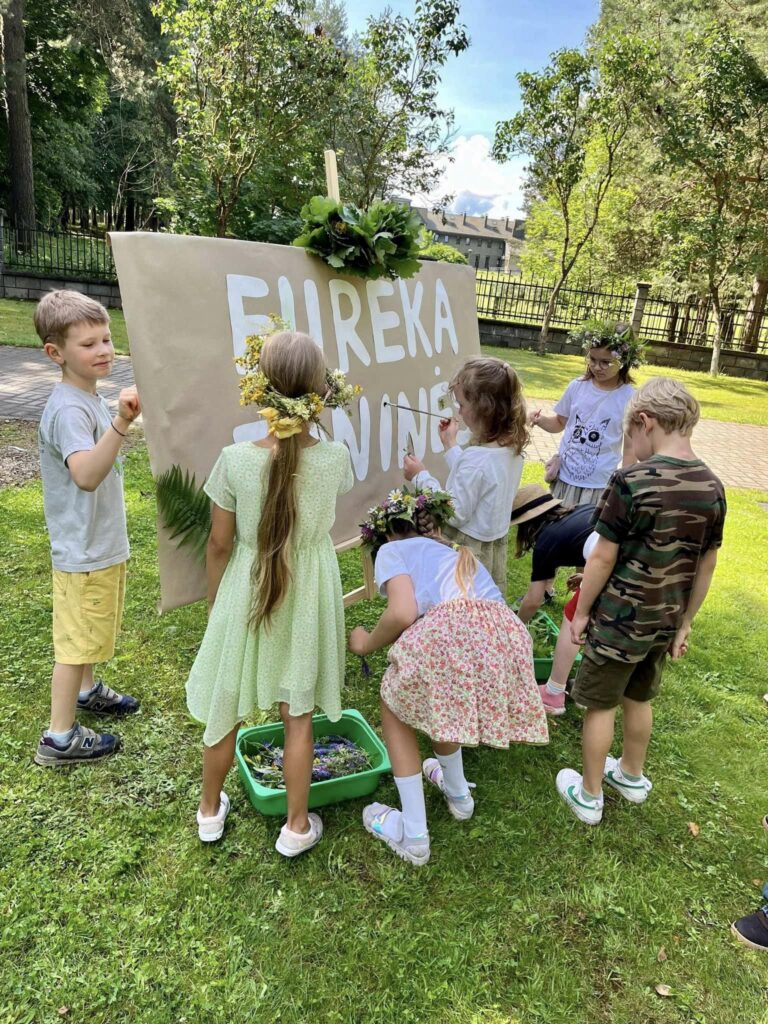
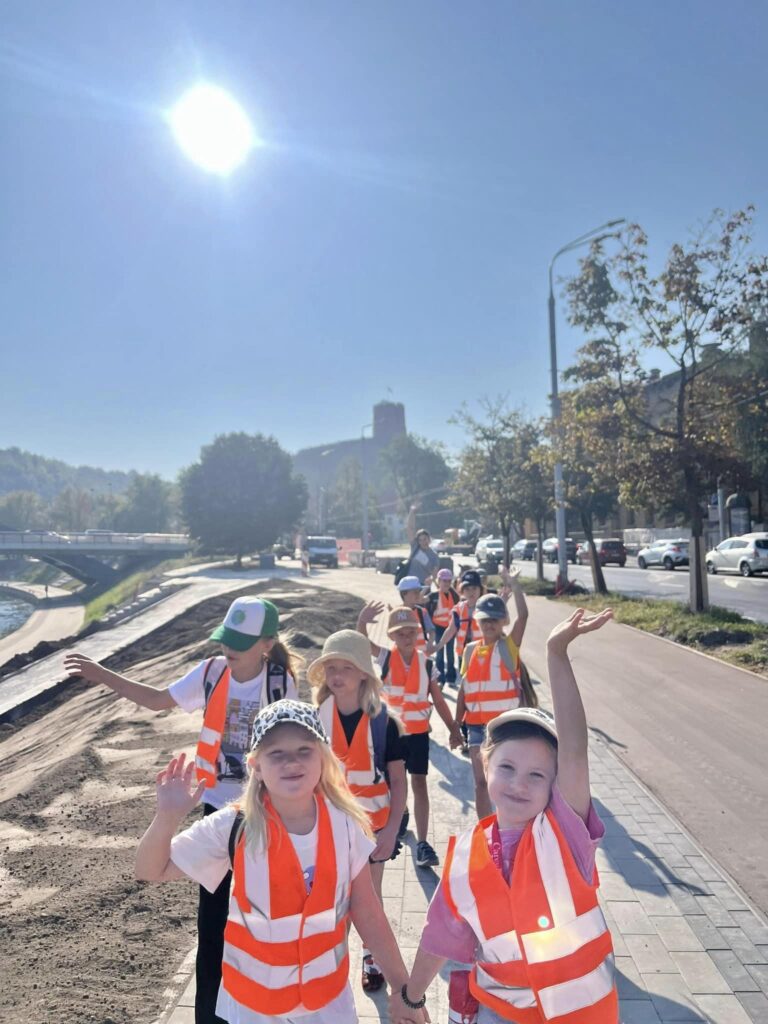
 School without borders
School without borders
In Eureka children are educated not only in the school environment but also actively while traveling. We go on contextual trips where we explore, investigate the environment and connect it with the theme of the week. Students visit various natural objects, museums, exhibitions, parks and organizations. During trips they not only listen but also take photos, film, collaborate and collect materials for individual or group projects
 Children’s (self) evaluation
Children’s (self) evaluation
In Eureka students are not evaluated using standardized grades. Instead, school uses a multi-level assessment system. Children discuss their day with teacher during daily reflection sessions where they briefly talk about how the day went, what they enjoyed, and the successes or challenges they faced. Students are evaluated three times a year, involving all participants in the educational process: child, teacher, and parents. In the fall and at the end of May teacher conducts a detailed assessment of child’s progress and presents it to the parents. This assessment is based on the guidelines of the Ministry of Education, Science, and Sport as well as Eureka’s educational concept.
In winter another child evaluation (conference) takes place at Eureka School involving teacher, student, and parents. During this live conversation child reflects on the past period, identifies achievements and decides on future goals.

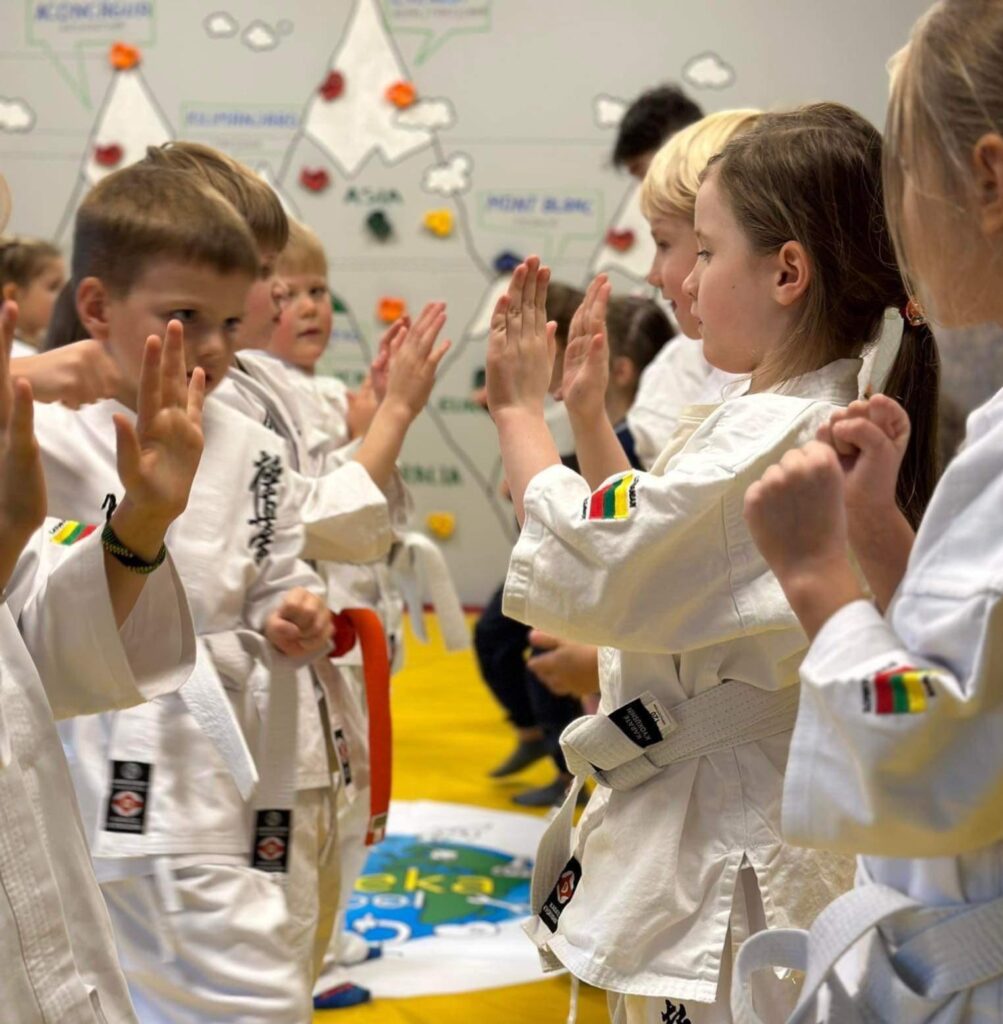
 Wide selection of non-formal education
Wide selection of non-formal education
At Eureka Elementary School, children can choose the non-formal education activities (led by professionals) they like the most. In the 2024/2025 school year, children participated in: chess, karate, football, yoga, robotics, gymnastics, dance, music, naturalist group, swimming lessons in the pool, painting, ceramics, citizenship group “For the Fatherland”. Taking into account the expectations of children and parents, the list of non-formal education activities is constantly updated.
 Full day school
Full day school
Eureka works according to the full-day school model, which provides conditions for the development of the child in one place. While at school, children not only learn according to the Eureka program, but also have time to relax, choose non-formal education, receive individual counseling, communicate with friends and eat healthy.



